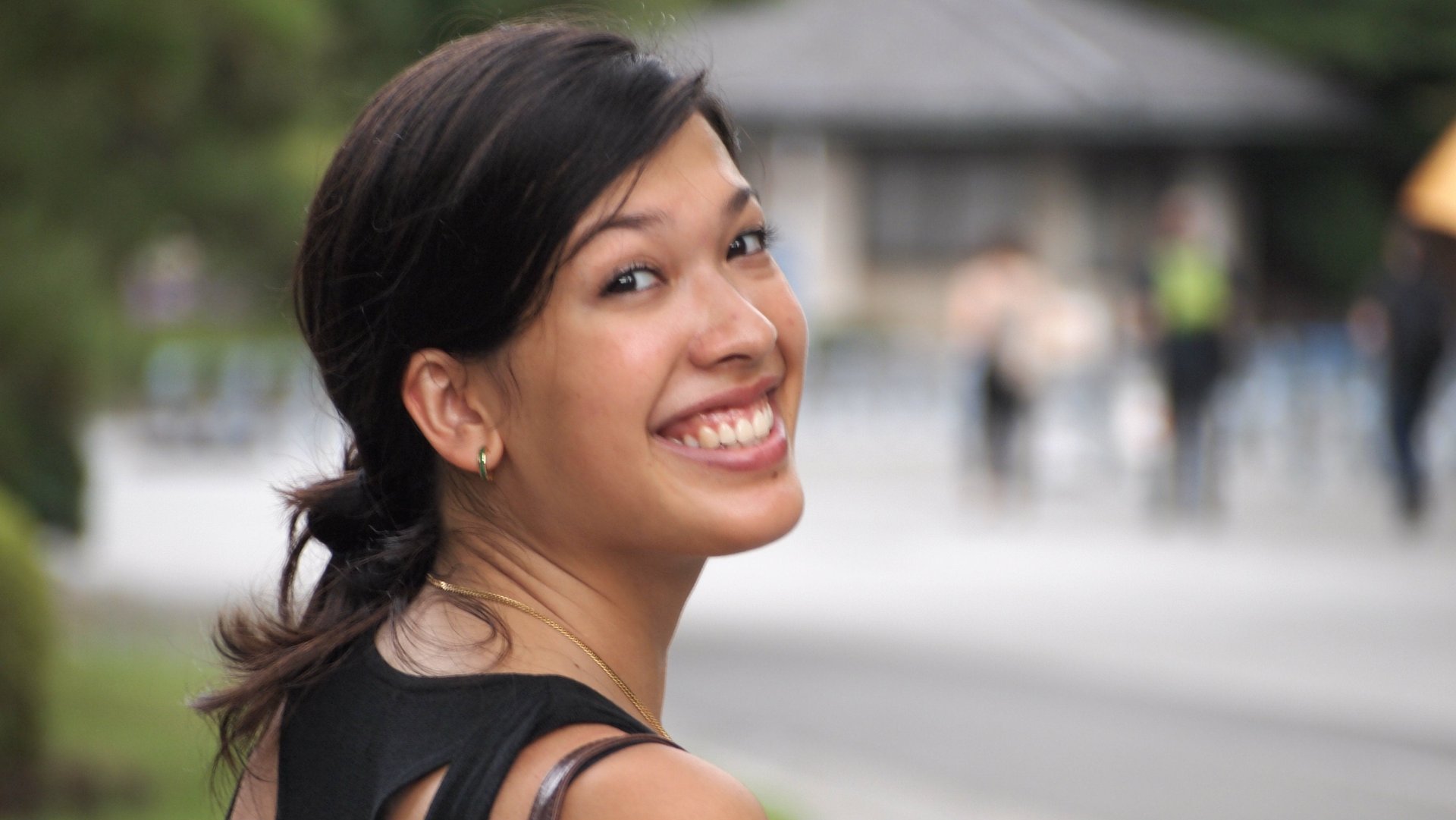This woman is more likely to die from cancer because she’s mixed race
Lara Casalotti is 24 years old and has just weeks to live. The student and human rights activist was diagnosed with acute myeloid leukemia days before Christmas, and has been told she needs a bone marrow transplant by April to survive.


Lara Casalotti is 24 years old and has just weeks to live. The student and human rights activist was diagnosed with acute myeloid leukemia days before Christmas, and has been told she needs a bone marrow transplant by April to survive.
But Casalotti is half Chinese-Thai and half Italian—and with so few people of mixed-race heritage on the worldwide donor registry, finding a suitable match is near impossible.
In the UK, where Casalotti lives, only 0.5% of the people on cancer charity Anthony Nolan’s register are from East Asian backgrounds and 1.5% are from European (non-British) backgrounds. In the US, only 3% of donors on the national registry are mixed-race—and this percentage includes every possible combination of races, meaning the proportion of donors from any particular mixed-race heritage is even smaller.
Casalotti’s family has started an international campaign, Match4Lara, which has received support from Harry Potter author J. K. Rowling, UK prime minister David Cameron, and the American actor Mark Wahlberg, to help save Casalotti’s life.
Since the campaign launched three weeks ago, 10,000 people have signed up to the Anthony Nolan stem-cell register, a 400% increase from the same period last year. One man, who is half-Thai and half-Italian, traveled for eight hours from Chiang Mai in northern Thailand to Bangkok so that he could sign up to be a bone marrow donor.
For those living in less remote locations, joining up to the registry is far easier. Each country shares its database, so a match in the United States would be able to help Lara—or any other person in need of a stem-cell donor. Joining the registry requires giving a saliva sample, which can be done in-person at donor drives or through a cheek-swab kit sent in the mail.
“The whole campaign grew out of trying to turn something negative into a positive,” Casalotti told The Telegraph. “I don’t think my family could have ever sat around and waited and worried.”
Her brother, Seb, who had just a one in four chance of being a match for Lara and unfortunately wasn’t a match, says it’s not enough to only donate for a family member—“we’ve got to think as a community,” he said in a notice on Anthony Nolan’s website about the launch of the Match4Lara campaign.
“There’s no room for the attitude of only helping your own, otherwise most people would never find a donor,” he added. “There’s no time to put this off or think ‘I’ll do it next week’. That could be too late for Lara. Please do it today.”